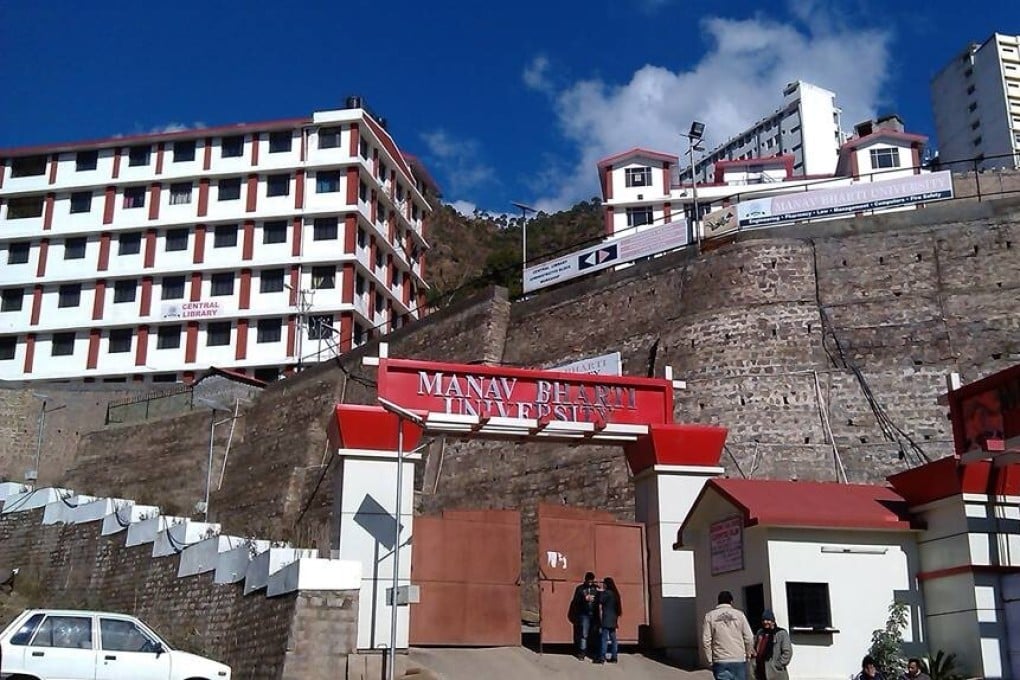India’s fake degrees: hundreds in Singapore, Malaysia, US, Canada left questioning qualifications after Manav Bharti University scandal
- The private university in Himachal Pradesh state sold 36,000 degrees for as little as US$1,362 each, an Indian government agency investigation found
- Graduates of the institution are now being pressured by employers around the world to prove that their qualifications are genuine

Manav Bharti University (MBU) in the northern state of Himachal Pradesh has allegedly sold as many as 36,000 degrees since it was founded in 2009, for prices ranging from 100,000 to 300,000 rupees (US$1,362-4,085), an Indian government agency investigation found last month. Of the 41,000 degrees issued by the university in that time, only 5,000 were found to be genuine.
“I doubt I will get approved [for the visa] if I cannot prove my degree is authentic,” said the Nepalese government employee, who has sent three emails to the university seeking clarification that his degree is genuine – all of which bounced. “My future looks bleak,” he said, adding that his qualifications had been verified by credential evaluations provider World Education Services in 2018.